General election 2024: 10 things we learned from the Labour manifesto
What is in the Labour manifesto?
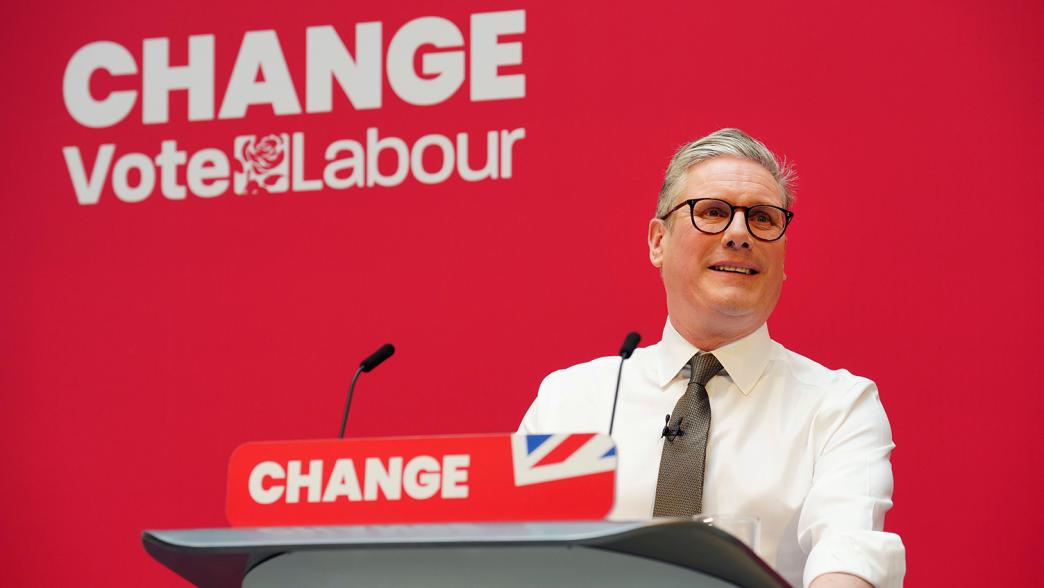
With the Conservatives launching their manifesto earlier in the week, on Thursday it was the Labour Party’s turn to set out its policy offer, three weeks to the day before voters head to the polls. Our IfG experts share what they learned from the manifesto - from how Keir Starmer’s party would use ‘missions’ to govern to its approach to ethics and standards.
Labour acknowledges the scale of public service problems but doesn’t yet have solutions that are equal to the task
Perhaps unsurprisingly for an opposition manifesto, Labour does a much better job spelling out the scale of the challenge facing public services than the Conservatives did on Tuesday. Local government is in financial “crisis”, prisons are “academies of crime”, the NHS is “clearly broken”, and the education system is “struggling to cope”.
Not surprisingly, it is also lighter on detail than the Conservative manifesto, which included many policies that are already in progress and have consequently been developed by the civil service. The Labour party doesn’t have the same resources at its disposal.
As a result, the manifesto leaves a lot of work to be done in certain areas. It is unclear, for example, if a proposed review of financial incentives to improve teacher recruitment and retention will be enough for Labour to hit its target of 6,500 more teachers. Similarly, Labour has committed to building more prisons but not grappled with the problems that have dogged previous governments’ attempts to expand the estate.

In local government, a commitment to longer-term funding settlements and an end to competitive bidding is welcome. But there is still further work needed on what a fully reformed system might look like.
And in the NHS, Labour wants to train more GPs. But the NHS has repeatedly expanded the number of GP trainees but seen only minimal increases in the fully-qualified workforce. Retention of the existing workforce and incentives for staff to take on partnership are far more important.
If Labour wins the election, then it will soon need to make some potentially unpopular decisions. While the lack of detail is understandable at this point, it would have been preferable to better prepare the public, and secure a mandate, for the difficult trade-offs ahead.
Labour ducked important questions about implied cuts to public spending
The Labour manifesto has confirmed a series of previously announced tax rises, raising just over £3bn. Like the Conservatives, its plans also rely on £5bn of savings from tax avoidance by 2028/29, though whether this is achievable is highly uncertain. 6 obr.uk/evaluation-of-hmrc-anti-avoidance-and-operational-measures/ Labour has also ruled out raising all of the major taxes – income tax rates, National Insurance contributions, VAT and corporation tax (which together raise three-quarters of all tax revenues).
The revenue raised from proposed tax rises have been committed to a series of spending measures, which together cost £9-10bn a year by 2028/29: including net zero investment plans, the recruitment of 6,500 teachers, the introduction of breakfast clubs, and 40,000 more operations, scans and appointments every week in the NHS.
On the face of it, then, Labour’s pledges are fully funded. Its spending plans appear to exceed the amount of new revenue by around £1bn, but the manifesto is clear a Labour government will borrow to raise some of the funding for its green prosperity plan. But, again like the Conservatives, it does not address the issue of how it would deliver the implausibly tight public service spending plans that are already pencilled in from 2025 – which imply real-terms cuts to several key services.
The party’s frontbenchers have argued that their policies would improve growth, and therefore revenues, solving this huge fiscal problem. This focus on growth is undoubtedly important, but the narrative that it will enable them to avoid tough choices on fiscal policy will not survive reality.
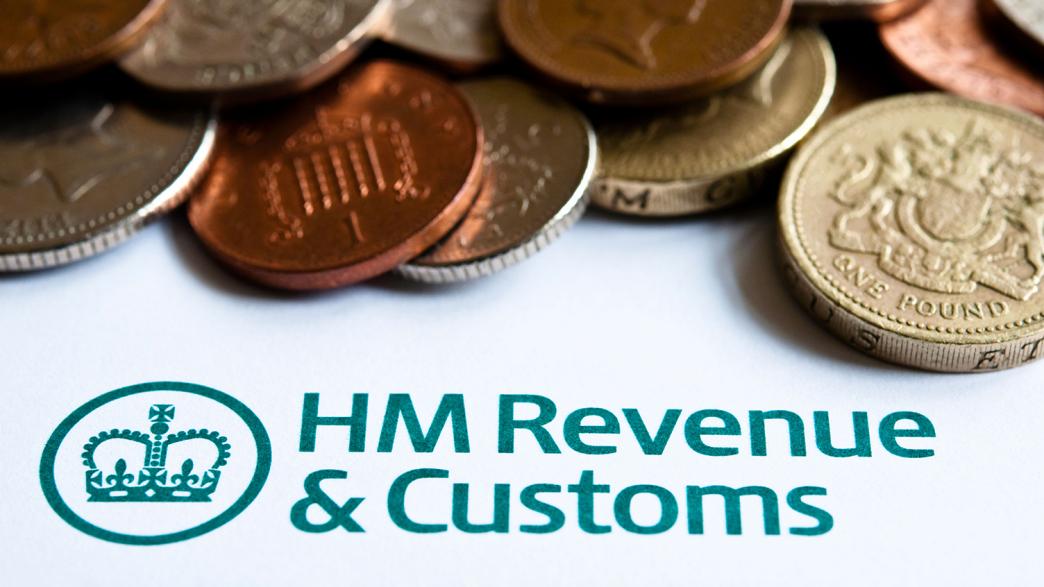
Raising GDP growth is far from a quick job. The Office for Budget Responsibility (OBR) is highly unlikely to upgrade the near-term growth forecast ahead of the next fiscal event, later this year, meaning soon after entering office a Labour government would be presented with the unenviable choice between sticking with the planned spending cuts, breaking or changing its fiscal rules – or finding a way to raise more revenue than announced in today’s manifesto.
Labour also confirmed welcome reforms to fiscal governance, including guaranteeing that every major fiscal event will have an independent OBR forecast, publishing a ‘roadmap’ for business taxation and – a longstanding IfG recommendation – committing to only one ‘major’ fiscal event a year. These are all welcome moves, but the real test will be whether the party will find it possible – practically or politically – to stick to these commitments should it enter office.
Starmer will need to make changes on day one to deliver mission-driven government
The manifesto begins by promoting ‘mission-driven government’, saying that “to rebuild Britain, we need to change how Britain is governed”. A political manifesto is perhaps not the place to get into the detail of what that means so the document was understandably light on the changes Labour would make to the structure of government and the civil service if elected. That omission could however make it harder to drive through change when the moment comes, as it might in a matter of weeks, and Starmer will at some point need to say more.
His launch speech said that Labour needed “a plan that is much more than a list of policies”, and it is positive that the party has developed its five priority missions. So he should start by committing to a published Programme for Government, that translates his government’s missions into a set of priorities by which to direct the civil service. That programme should properly align the missions to the first spending review of the next parliament, assigning budgets and responsibilities to top priorities.
If elected Starmer will need, as any prime minister does, the support of a strong centre of government, staffed with ministers he trusts to make thing happen. In line with the recommendations in our Commission on the Centre of Government, he should select a powerful ‘first secretary of state’ to be responsible for the government’s overall programme and to own, with the chancellor, a new strategy, budget and performance management approach aligned to the missions.
The manifesto is right to say that how Britain is governed needs to change, and to recognise “the hard graft of governing”. The first work to be done will be to set up a simple and workable structure to prioritise and make decisions, and to assign unambiguous responsibilities to ministers and civil servants. That is essential to embed the long term, open and cross-departmental type of government Labour says it wants to achieve. To do otherwise will make a hard job even harder.

The manifesto was light on the changes Labour would make to the structure of government and the civil service if elected.
On growth there is welcome ambition – but tough choices still need to be faced
The Labour Party’s first mission reiterates its aspiration “to secure the highest sustained growth in the G7”.
Setting aside the impracticality of that target, the importance of higher growth could not be overstated. The current government’s failure to achieve sustained increases in productivity and living standards arguably does a lot to explain its poor standing.
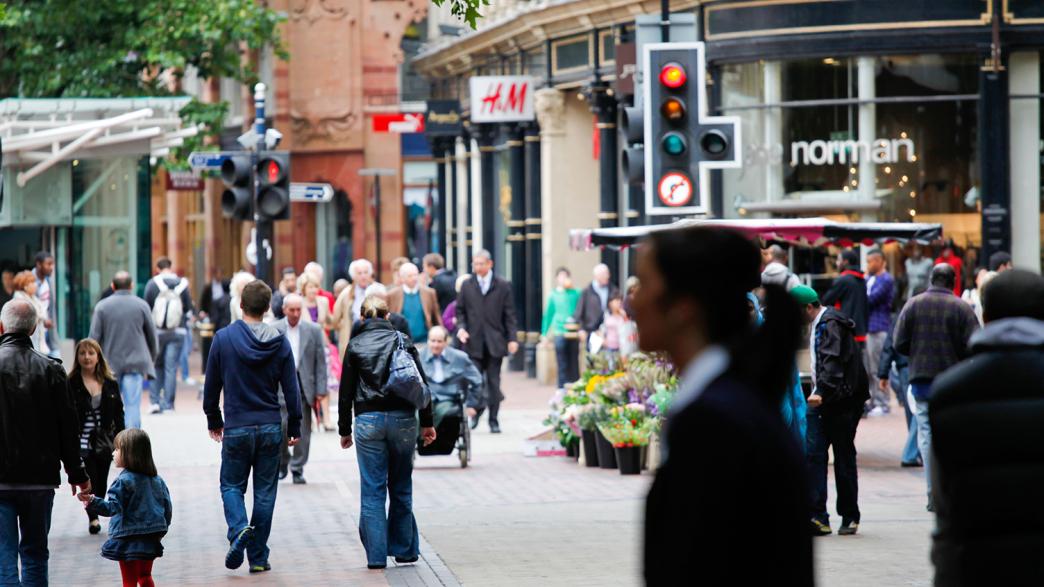
The Labour manifesto is not short of growth policy: the return of “stability”; a new industrial strategy; a National Wealth Fund allocating money to steel, ports, battery factories; a push for more infrastructure and reform to the planning system are all prominent. Local areas are expected to produce “long term plans to identify growth sectors”. The party boldly portrays its plans to stiffen labour market rules as a pro-growth policy, too.
So there is no shortage of ambition, which is to be applauded – albeit with three caveats. First, the manifesto puts a lot of emphasis on the government as the motor for growth, actively partnering, planning and public-investing to get things going. But most of the economy just wants a stable business environment, and the parts demanding this kind of active engagement are small (if important). Second, policy at this stage needs to be specific enough to give civil servants material to work on, but not so specific that it constrains their action. Setting out priority sectors is sensible; saying exactly how the National Wealth Fund will allocate billions is perhaps too ambitious.
Finally, there is an absence of really tough choices. More infrastructure spending means higher utility bills or taxes. A more dynamic economy demands fewer tax breaks for smaller businesses, and companies being allowed to go bust. Weaker trade links with Europe are a clear drag on growth, but the manifesto rules out anything game-changing in this area. In this way the manifesto largely mirrors Labour’s cautious approach in the campaign. Such evasion will not be sustainable should it enter government.
General election 2024
The next UK general election will be held on Thursday 4 July. Our analysis, explainers and events explore what happens before and during an election, how political parties and the civil service prepare for the outcome and what it means for government.
Find out more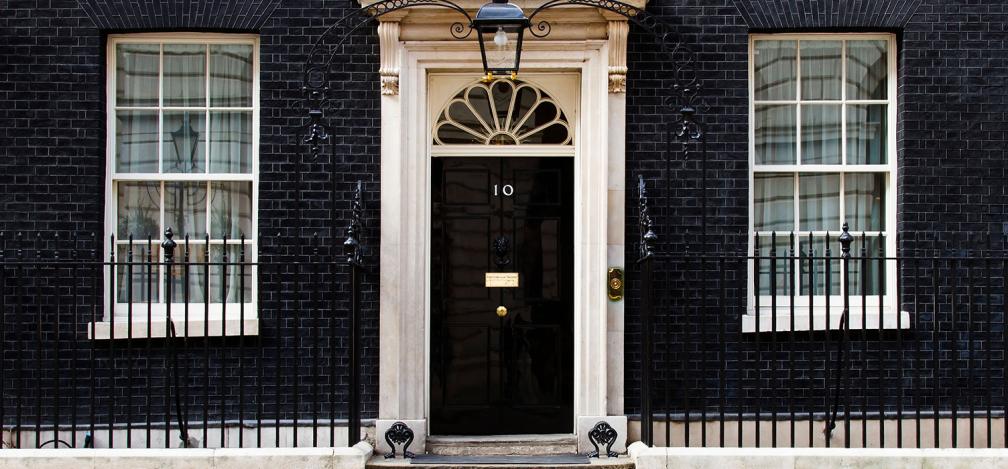
Devolution in England is central to Labour’s plans – the other nations less so
Labour’s manifesto makes clear that devolution within England will be a central pillar of the party’s growth strategy. This is reflected in sensible plans to strengthen the role of metro mayors over economic levers such as transport, housing, planning, skills and employment. But the narrow economic focus of devolution means there is little apparent appetite for wider public service devolution, as many of the mayors favour. Nor is it wholly clear whether extending devolution to the 50% of the population currently left out would be a priority.
Labour’s intentions to reform how local and devolved government is funded are a step in the right direction – pledges to give councils multi-year settlements and ending competitive bidding could bring much-needed stability to local government finances. Labour also commits to providing “integrated settlements” for mayoral combined authorities, building on the model in Greater Manchester and the West Midlands – while rightly recognising that making this work will require investment in institutional capacity.
Labour also commits to reforming the governance of mayoral combined authorities. As the Institute for Government concluded, complex decision-making rules “hinder the ability to act” of many combined authorities. Removing unnecessary veto points could be a gamechanger in key areas such as spatial planning and housebuilding.
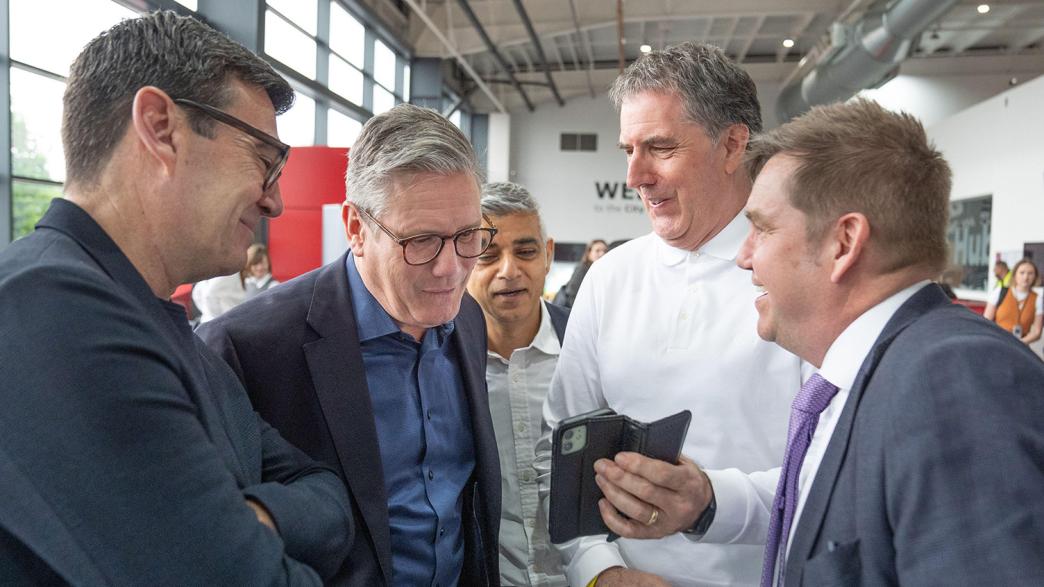
Outside of England, greater collaboration between the UK and devolved governments is promised as part of a welcome “reset” of relations after years of antagonism. There is also a specific proposal for a new Council of the Nations and the Regions that brings together mayors as well as Scottish, Welsh and Northern Irish leaders and UK ministers. Whether this serves as more than a talking shop will be the key question.
There are few commitments to devolve further specific powers. Certainly the offer to Wales falls short of the recommendations of the Independent Commission on the Future of Wales. Employment support and control of structural funds are on offer, along with consideration of probation devolution, as part of a broader England and Wales review. The Scottish government will also be empowered to partner with international bodies on matters such as global health initiatives. Finally, the manifesto lacked hard commitments to protect the devolved settlements beyond a new Memorandum of Understanding on the Sewel convention.
All in all, the devolution package on offer from Labour is likely to go down better in Birmingham or Liverpool than in Edinburgh and Cardiff.
Labour has a serious housebuilding programme – provided it can keep new MPs on board
The manifesto is ambitious on housebuilding. It promises a Labour government would build 1.5 million homes over the next parliament. That equates to 300,000 new homes a year: nearly double the projected rate for 2024/25. 8 www.savills.co.uk/research_articles/229130/359081-0
Successive governments – of all stripes – have made ambitious promises but failed to deliver them in a country that wants more houses built nationally but doesn’t want to build them locally. This manifesto signals that Labour are serious about setting a better record. It makes no bones about prioritising new houses above local objections. It promises to build on “grey” parts of the green belt, designate the next generation of new towns, restore mandatory housing targets, and give mayoral combined authorities more powers and responsibilities to plan strategically for housing growth in their areas.
The question is whether Labour’s plans will survive contact with parliament, whatever size its majority. In recent years backbench MPs made short work of first defeating Boris Johnson’s proposals to reform the planning system, then pressuring housing secretary Michael Gove into downgrading local housing targets to ‘advisory’ status (and many local areas have since taken this opportunity to scrap proposed developments). The core question is, if elected, will new Labour MPs be willing to vote for more housing even when their constituents – or newly elected local councillors – oppose it?
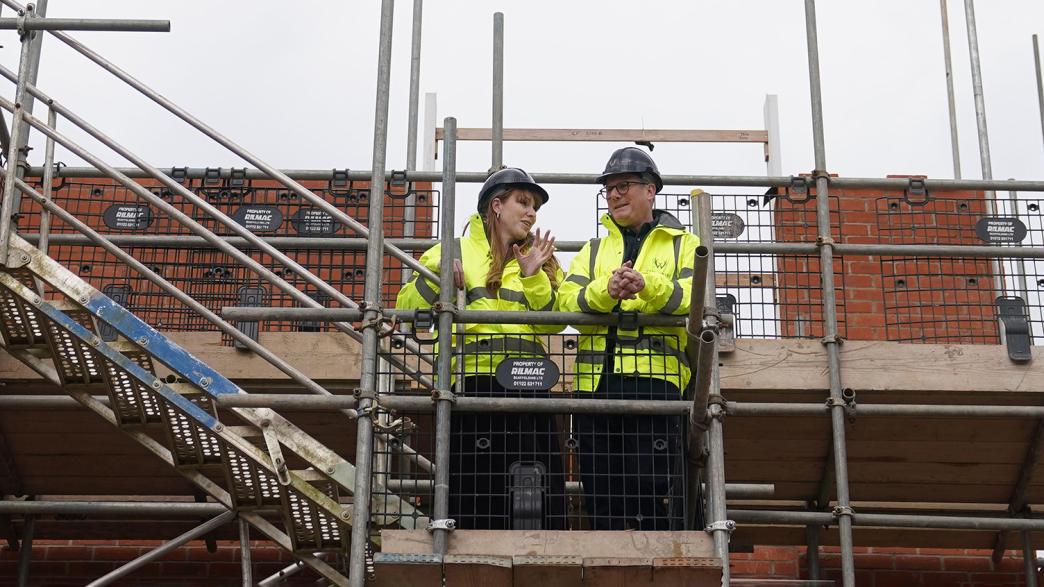
Watch our webinar on what is in the Labour manifesto
Labour has reiterated its commitment to deliver clean power by 2030
Labour’s long held ambition to decarbonise the UK power system by 2030 remains its policy – but with a few nods at how difficult this mission could be to achieve. It references, for instance, maintaining a ‘strategic’ reserve of gas power stations and while promising ‘clean’ power by 2030 there is no explicit repeat of the 100% clean power from its earlier missions document – 97% or even 98% could be a lot easier to get to than 100% and might have fewer consequences for the shape of the longer-term path to net zero.
The manifesto talks more about energy efficiency than the Conservative manifesto. That will be key to decarbonising the grid, hitting net zero and bringing down bills. It also gives some detail on how it will do that: offering grants and low interest loans, partnering with local government, and working with the private sector to provide further finance. Perhaps in a move to neutralise recent Conservative attacks, Labour also promises that ‘nobody will be forced to rip out their boiler’ (despite that never having been a feature of anyone’s plans).
The promise to end chopping and changing on policy will be cheered by everyone working on net zero, not least at the IfG, and is critical to unlocking the private investment Labour’s objective requires. And there are welcome references to the challenge of adapting to climate change and to restoring nature.
But as with so many things in this (and indeed any) manifesto the question Labour would face in government is still how to deliver on this ambition. GB Energy might help deliver net zero further down the line but would be unlikely to help Labour hit its 2030 target given the time it will take to set up. It is unrealistic to expect delivery plans to appear in detail in a manifesto – but the acceleration the party will need to meet these commitments will not happen without resolving that question quickly.

Energy efficiency will be key to decarbonising the grid, hitting net zero and bringing down bills.
Labour recommits to improving ethical standards in government
Labour has used the ethical scandals of recent years as a campaigning tool and had previously committed to overhauling the systems for upholding standards in government. At the launch, in answer to a question from the media, Starmer reiterated his personal commitment to both updating codes and taking action to uphold standards. However, perhaps surprisingly, the proposed changes were not prominent in the manifesto, coming only on p105 (of 136).
The document recommits Labour to setting up an independent Ethics and Integrity Commission, “to ensure probity in government”. Exactly how this commission will work with the existing range of ethical regulators across government is not clear, but there are some specifics in the manifesto. Key among them is that Labour will “give the independent adviser on ministerial interests the powers to start investigations into misconduct” – something that the Institute has long called for. The ‘independence’ of that office will be given more meaning by no longer requiring them to seek the prime minister’s permission to investigate potential breaches of the ministerial code.
The party has also committed to “meaningful sanctions for breaching the rules” on what jobs ministers can do after they leave office, though again exact details on what form these sanctions might take were not in the document.
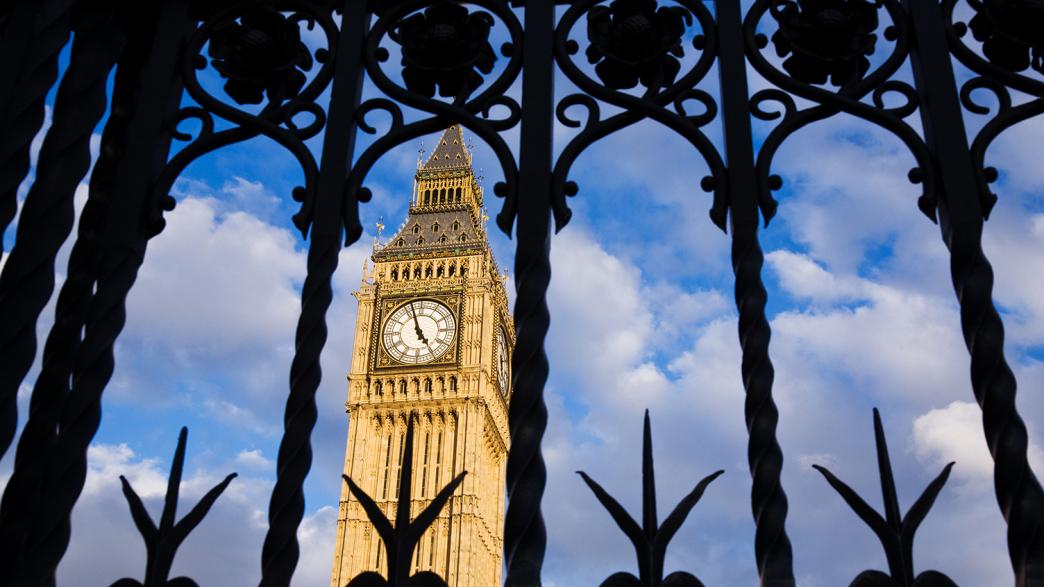
Labour clearly wants to show that it is different from the Conservatives when it comes to ethical standards – the proof will be in how, should Starmer lead a new government on 5 July, these goals are carried from the pages of an election manifesto to policy.
Plans for House of Lords reform shows Labour is serious about doing constitutional change properly
Labour’s proposals include some sensible and straightforward interim changes to the upper house. Plans to abolish hereditary peers, introduce a retirement age and attendance requirements, strengthen mechanisms to remove peers who misbehave, and reform the appointments process are all changes that will help to remedy some of the most pressing issues in the House of Lords.
But more striking is the manifesto’s talk of an alternative second chamber. This comes with a bold commitment to consult the public on proposals to replace the current House of Lords in favour of a new institution.
This is the sixth formal proposal of Lords reform since 1997 – including from the Blair and coalition governments – and though popular, reform has proven difficult to deliver politically. In part this has been due to lack of consensus on what should replace it; a meaningful process of public engagement could, if done well, help to unlock reform. But that perhaps is the sticking point: consultation can mean many things and Labour did not use today’s manifesto to set out what form this would take.
This two-tiered approach to constitutional change is the right way to approach such a complex constitutional issue. The short-term changes will make an immediate impact while the party seeks to develop a comprehensive plan for broader reform, and consensus for the form this should take.

Under Labour's plans, members of the House of Lords would have to retire at 80.
Plans for public bodies include few surprises – but the regulatory narrative is striking
Labour strikes a different tone from the Conservatives on public bodies. It refers to them as ‘institutions’ rather than ‘quangos’, criticises the current government for its attitude to the BBC, and pledges to strengthen rather than sideline the Office for Budget Responsibility.
As expected, the manifesto includes several well-trailed, high-level commitments to establish new bodies, including GB Energy, a new statutory Industrial Strategy Council, and a version of Great British Railways that looks closer to nationalisation than the current government’s model. There are many more proposals to strengthen existing bodies, in some cases with new powers or expanded remits – and in the energy and investment space, particularly, there would be work to do to articulate how the various announcements fit together in practice.
While this is in some ways a welcome move away from the government’s current framing of public bodies as a ‘last resort’, if they do get into power, Labour would benefit from a clear and coherent strategy for when they think public bodies are the best means to deliver objectives – and should be realistic about how quickly new institutions would be able to bear results.
With proposals for public-private partnership in energy, rail, and reform to the business model of Royal Mail, the manifesto also suggests a strong interest in how the state can work together with the private sector as well as other stakeholders – including unions – to actively shape markets. Implementing these proposals would require innovations in how UK public bodies are governed.
A striking number of proposals relate to inspection and regulation. They include not only the new independent football regulator, but a Single Enforcement Body on workers’ rights, a new passenger watchdog for rail, and a new Regulatory Innovation Office to speed up approval times and approve regulatory coordination across government. Water, energy, education, policing, housing, gambling and AI are all slated for a tougher or expanded regulatory regime – in what could indicate a greater appetite than the current government to use regulation as a lever for delivering policy outcomes.

- Topic
- Parliament and the constitution Policy making Civil service Public finances Net zero Devolution
- Keywords
- General election Official opposition Tax Economy Public sector Public spending Spending review NHS Health Social care Schools Police Criminal justice Climate change Local government Civil servants Arm's-length bodies
- Political party
- Labour
- Position
- Leader of the opposition
- Department
- Number 10
- Public figures
- Keir Starmer
- Publisher
- Institute for Government